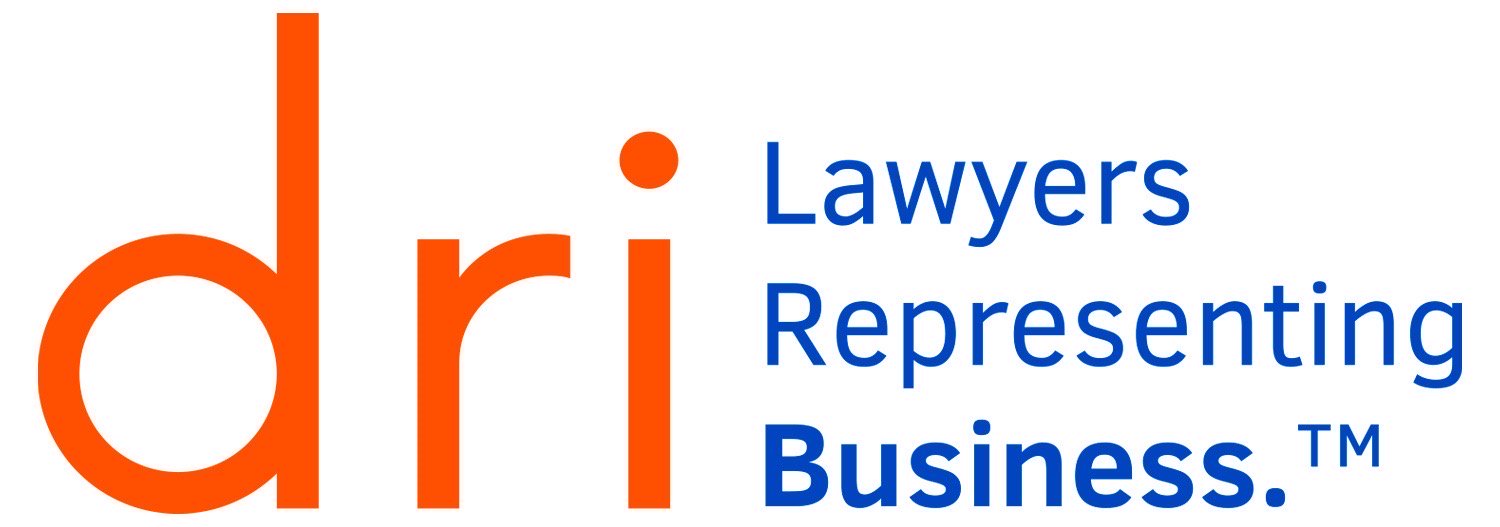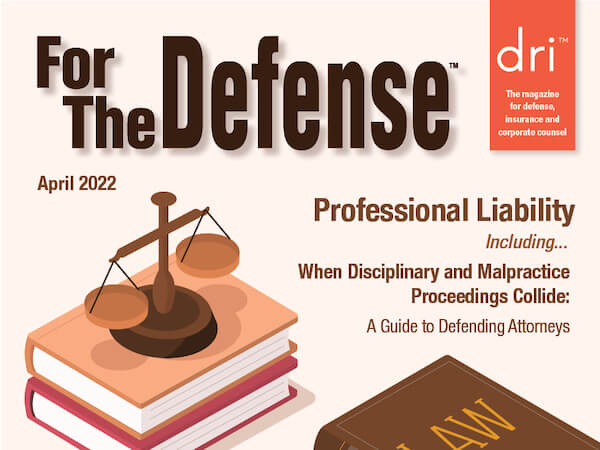DRI Files Brief Supporting Extended Personal Jurisdiction Protections
An Illinois medical provider brought an action against IQVIA, alleging that she received two unsolicited faxes lacking what she asserted was a required opt-out notice. She also brought a putative nationwide class action against IQVIA under the Telephone Consumer Protection Act (TCPA).
IQVIA moved to strike the nationwide class allegations, explaining that the district court would lack personal jurisdiction over the claims of putative class members who did not receive faxes in Illinois. IQVIA relied on the Supreme Court’s important recent decision in Bristol-Myers Squibb Company v. Superior Court of California, 137 S. Ct. 1773 (2017). This decision provides vital personal jurisdiction protections for defendants facing aggregate litigation.
The district court agreed and struck the putative nationwide class. After explaining it lacked general jurisdiction over IQVIA, the court discussed how, under Bristol-Myers, the appropriate focus for specific personal jurisdiction is “the defendant’s relationship to the forum.” For the non- Illinois, nationwide class members, then, the court could not exercise jurisdiction. The plaintiff appealed.
The Seventh Circuit reversed. Rejecting the district court’s reliance on Bristol-Myers, it instead applied a functional analysis focusing on Rule 23 and absent class members’ party status. In so doing, it concluded that “unnamed class members are not required” to “demonstrate either general or specific personal jurisdiction.” Under this decision, plaintiffs’ counsel may join as many claims as they can find in whatever federal forum they desire, as long as they can locate at least one class representative whose claim is connected to that forum. IQVIA petitioned the Supreme Court for certiorari, seeking the Court’s intervention to vindicate Bristol-Myers’ personal jurisdiction protections, on which defendants routinely rely in litigation.
In supporting that petition, DRI’s brief focuses on three points. First, the Court did not resolve in Bristol-Myers how its protections would apply in federal court. Because federal courts have since split on this question, and given the difficulty that defendants face in seeking interlocutory review of adverse class-certification decisions, the Court’s intervention is urgently required.
Second, by not applying Bristol-Myers, the Seventh Circuit birthed a class action exception to the Constitution’s personal jurisdiction requirements. The Seventh Circuit’s decision thus has the potential to open the floodgates of federal class action litigation.
Third, that decision compounds the judicial blackmail effects that defendants facing nationwide classes must confront. As the Court itself has acknowledged, defendants face potentially ruinous liability from erroneous class certification decisions. This is true even with patently non- meritorious claims, as defendants face immense settlement pressures in nationwide classes.




















